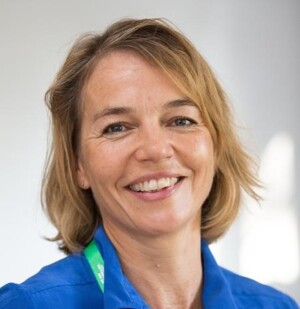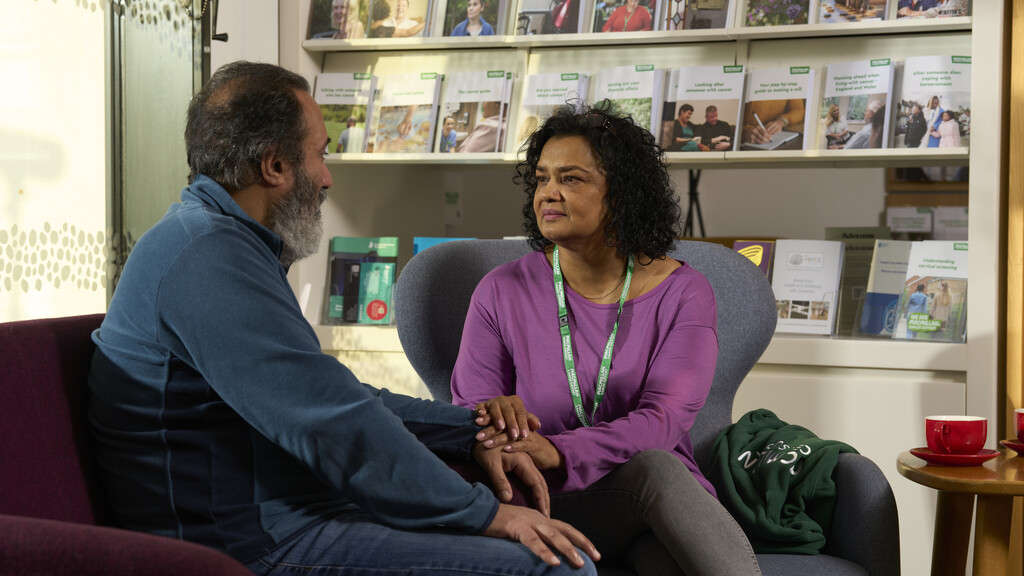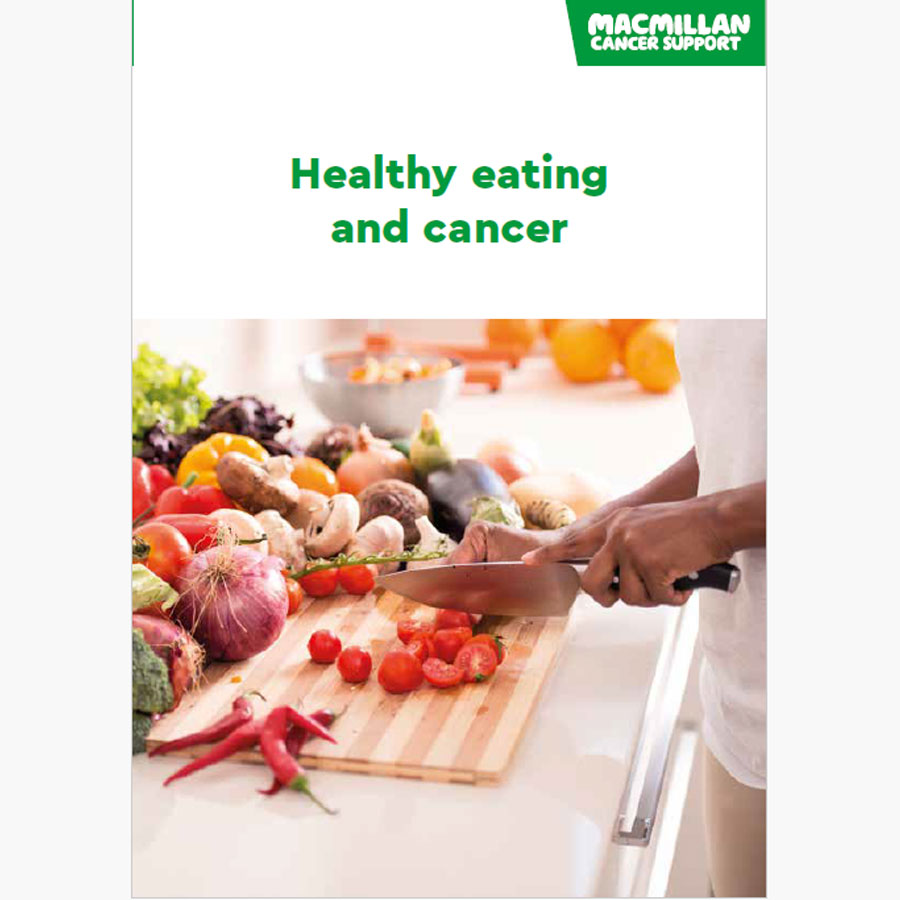Jessie J's early breast cancer diagnosis: Information and how Macmillan can help if you're affected by cancer
We are sending our best wishes to Jessie. In speaking so openly about her diagnosis, Jessie will not only comfort others who are facing a similar situation, she is raising vital awareness of breast cancer and the importance of early diagnosis. In this blog, we share answers to questions people might have about early breast cancer.
Jessie J has shared news about her early breast cancer diagnosis
Singer Jessie J has posted a video on Instagram where she shares the news that she has been diagnosed with early breast cancer. Everyone here at Macmillan is sending our very best wishes to Jessie and her family.
Jessie’s openness in sharing her story will not only bring comfort to others who are facing a similar situation, it will also raise vital awareness of breast cancer and the importance of early diagnosis.
We know that the earlier cancer is diagnosed, the better the outcome. Diagnosing cancer early can mean treatment is more likely to be effective and potentially less complex.
We understand people may have questions about breast cancer, signs and symptoms, and what to do if you’re worried about breast cancer. In this blog, we answer some of the common questions about breast cancer.
What is early breast cancer?
Breast cancer can be divided into 4 number stages. Stage 1 or 2 breast cancer is usually called early breast cancer.
Stage 1
Stage 1 is divided into 2 stages:
- Stage 1A: The cancer is 2cm or smaller. It has not spread outside the breast.
- Stage 1B: The cancer is not found in the breast tissue or is 2cm or smaller. Tiny numbers of cancer cells have spread to lymph nodes in the armpit. These cells are called micrometastases.
Stage 2
Stage 2 is divided into 2 stages:
- Stage 2A: The cancer cannot be found in the breast tissue. Or it is 2cm or smaller. It has also spread to 1 to 3 lymph nodes in the armpit or near the breastbone.
OR
The cancer is between 2 and 5cm. And it has not spread to the lymph nodes in the armpit or near the breastbone. - Stage 2B: The cancer is between 2 and 5cm. It has spread to 1 to 3 lymph nodes in the armpit.
Or
The cancer is bigger than 5cm but has not spread to the lymph nodes.
We have more information about staging and grading of breast cancer.
What are the symptoms of breast cancer?
A lump in the breast is the most common symptom of breast cancer. Most breast lumps are not cancer but it is always important to get checked by your doctor.
Other possible signs and symptoms can include:
- thickening of the skin or tissue of the breast
- dimpling of the skin of the breast
- a lump or swelling in either armpit
- a change in the shape or size of the breast, such as swelling in all or part of the breast
- a nipple turning in (inverted nipple)
- an eczema-like rash on the nipple
- discharge or bleeding from the nipple
- pain or discomfort in the breast that does not go away – this is rare
- It is important to see your GP if you have any of the symptoms listed here or notice anything that is unusual for you.
We have more information about signs and symptoms of breast cancer.
What are the tests for breast cancer?
Tests for breast cancer include:
- Mammogram: A mammogram is a low-dose x-ray of the breast.
- Breast ultrasound: A breast ultrasound uses sound-waves to build up a picture of the breast tissue. You will also have an ultrasound scan of the lymph nodes in the armpit.
- Breast biopsy: During a breast biopsy, the doctor removes a small piece of tissue or cells from the lump or abnormal area. The sample is checked for cancer cells. There are different ways of taking a breast biopsy.
If you have just been diagnosed with cancer, we have more information about happens next and where to find information and support.
What surgery do people have for breast cancer?
The first treatment for breast cancer is often surgery to remove the cancer. Your surgeon will talk to you about the options available to you.
We have more information about having an operation for breast cancer. You may also need support when coping with how your breast looks after surgery. You may also find our treatment overview for breast cancer helpful.
I’m worried about breast cancer. What should I do?
People worry about cancer for many different reasons. Perhaps the news about Jessie J’s diagnosis has made you think about the symptoms of cancer. Or perhaps someone close to you has been diagnosed.
We have information about the causes, risk factors, signs and symptoms of cancer.
I have been diagnosed with breast cancer. What support is available?
If you are worried about breast cancer, have been recently diagnosed, or are having, or recently finished treatment, Macmillan is here to support you.
If you would like to talk, you can:
- Chat to our specialists online.
- Visit our breast cancer forum to talk with people who have been affected by brain tumours, share your experience, and ask an expert your questions.
About our information
This information has been written by our senior medical editors and revised and edited by the Digital Content Team.
Learn more about how we produce our cancer information.
About the author

Claire Taylor
Read more
-
Blogs 05 Jun 2025Find local cancer support services near you with our simple online search. From emotional support to practical help, get the support you need.
-
Booklets 01 Apr 2025This booklet is for people living with cancer or after cancer who want to know more about a healthy diet. It explains why diet is important and has tips on how to eat well and keep to a healthy weigh...
-
Blogs 15 Feb 2023The cost of food and the weekly shop are continuing to rise. Recent events mean the price of certain food items such as salad and fruit have gone up or there's a shortage in the shops. This can make...






